As children grow, they gain experience with people and things. Gradually, they learn more words to express themselves and communicate with others. Meanwhile, you still play a crucial role as your child's language teacher. You need to be close to her and talk with her more often, so that she will have more chances to listen and imitate.
Skills to facilitate your child to talk
Skills
Examples
Skills
First draw your child's attention

Examples
Call her name, pat her and wait until she looks at you
Get down to her eye level
Skills
Respond with enthusiasm

Examples
Wait for her to finish before you respond.
Encourage her to talk by smiling, nodding, praising or responding enthusiastically.
Stop what you are doing and listen to her when she asks you questions. Respond right away.
Skills
Make use of opportunities in daily life

Examples
Describe to your child what you are doing. Use words that she can understand, e.g., “Mummy is putting the clothes in the drawer.”
Tell your child what you are doing while playing with her, e.g. “We are lining up for the slide.”
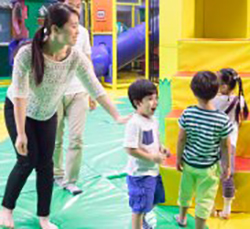
Skills
Read with your child

Examples
Choose picture books with bright colours and sharp outlines. They should contain only a few words that appear repeatedly.
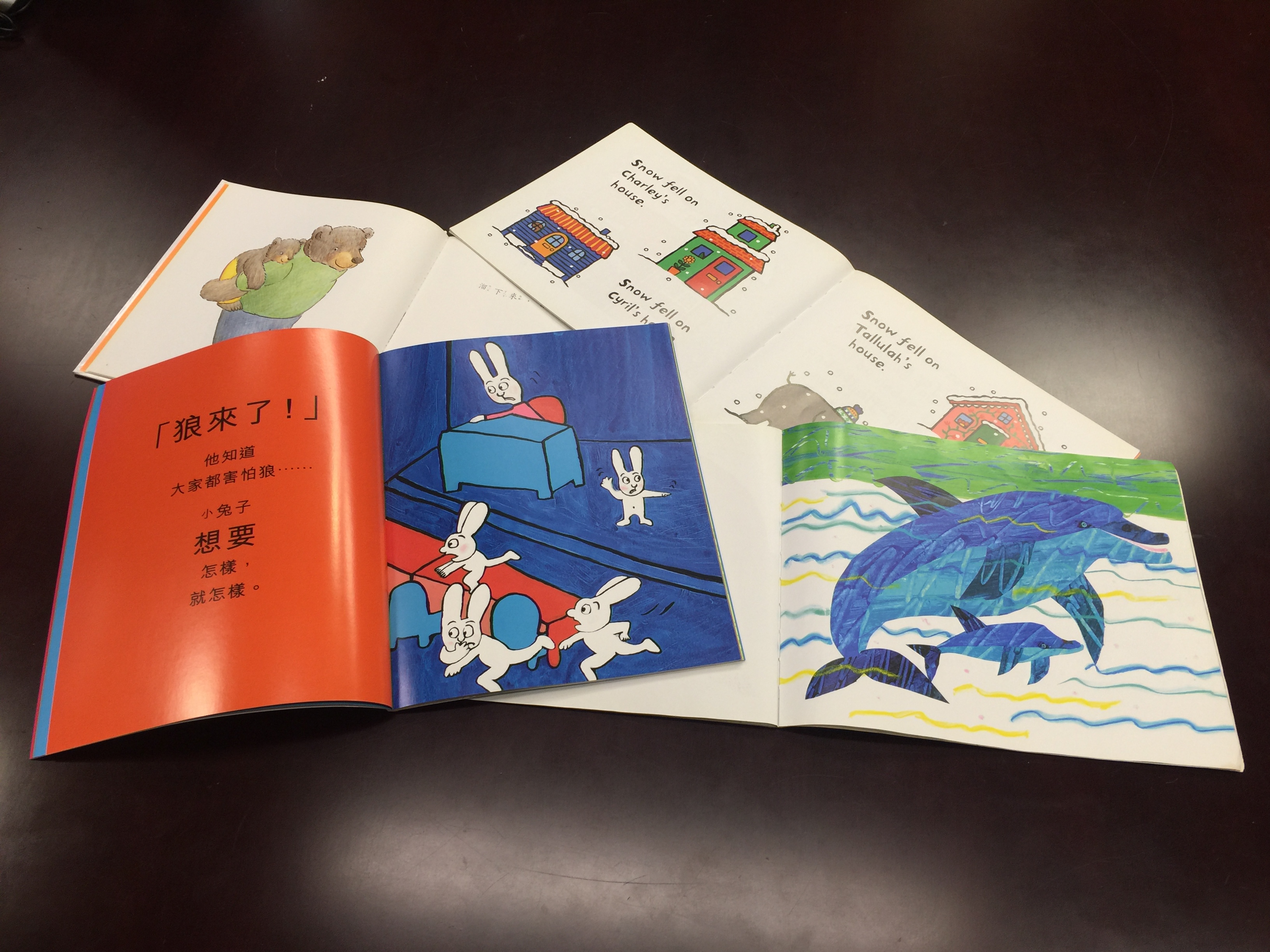
Guide her to find where or how many things in the pictures are, notice their shapes and colours while you describe to her one by one.
Choose picture storybooks and read to her. You can pause from time to time and ask questions like “What will happen next?”
Children like to hear the same story repeatedly. Guide her to tell some familiar episodes gradually.
If your child wants to know how to read some words, tell her but do not expect her to remember.
You may refer to “Parent-child Reading is Fun – for Parents of Children Aged 0-3” for more details.
Skills
Play with Your Child
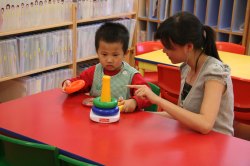
Examples
When playing blocks, ask your child to pass you the blocks with certain shape, colour or quantity.
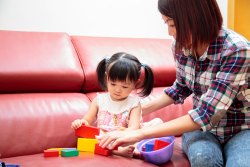
Skills
Use questions
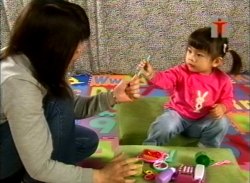
Examples
Use questions to elicit ideas and words from your child according to her level of understanding. Ask her “Yes/No” questions, questions beginning with “Do you want…?” or “What/Where?”
When she talks more, use open-ended questions instead of close-ended ones.
Open-ended Questions: Answers can be anything, e.g. “What do you want for breakfast?”
Close-ended Questions: Only give “Yes/ No” answers, e.g. “How about bread for breakfast?” or “Do you want some water?”
Skills
Be concrete and clear
Examples
For example, when you ask your child to put a book away, you should say, “Put the book on the bookshelf”, instead of “Put the book away”.
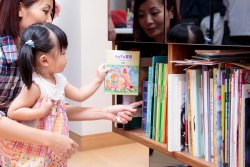
Avoid foul language, as your child will imitate you.
Skills
Use complete sentences and add new concepts
Examples
Add some new concepts while repeating after your child. For example: When your child says “play swing”, you can respond, “You want to play swing in the playground?”

When she says “Mummy cookies”, you can respond, “You want Mummy to give you the round cookies?”.
If you have any concerns for your child's hearing or language development, do discuss with the healthcare professionals.
How to add new concepts?
When your child sees the following objects, what would they say? How should you respond?
You may add a new concept appropriate to your child's understanding (e.g. colour, shape, size, smell, taste, texture) or an action word to expand your child's phrases. Try to follow the examples and apply when you are talking with your child.
For example, your child may say “big apple” when seeing an apple, you can add an adjective to it, such as “a big red apple”.
Objects (Picture)
Child's word
Response with a New Concept added
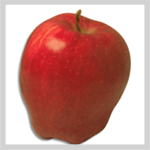
Child's word
- apple
- eat apple
Response with a New Concept added
- “big apple”
- “cut an apple”
- “eat the red apple”
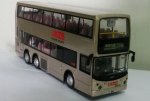
Child's word
- car
- big bus
Response with a New Concept added
- “the car stops”
- “a big tall bus”
- “ride a big bus”

Child's word
- ball
- kick ball
Response with a New Concept added
- “the ball is dirty”
- “throw the ball”
- “kick the ball to me”
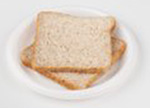
Child's word
- bread
- want bread
Response with a New Concept added
- “a slice of bread”
- “the bread is soft”
- “want the sweet bread”
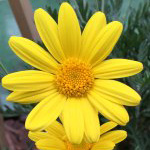
Child's word
- flower
- pretty flower
Response with a New Concept added
- “a little flower”
- “a yellow flower”
- “a pretty yellow flower”

Child's word
- glass
- drink water
Response with a New Concept added
- “hold the glass”
- “the glass is hot”
- “drink warm water”

